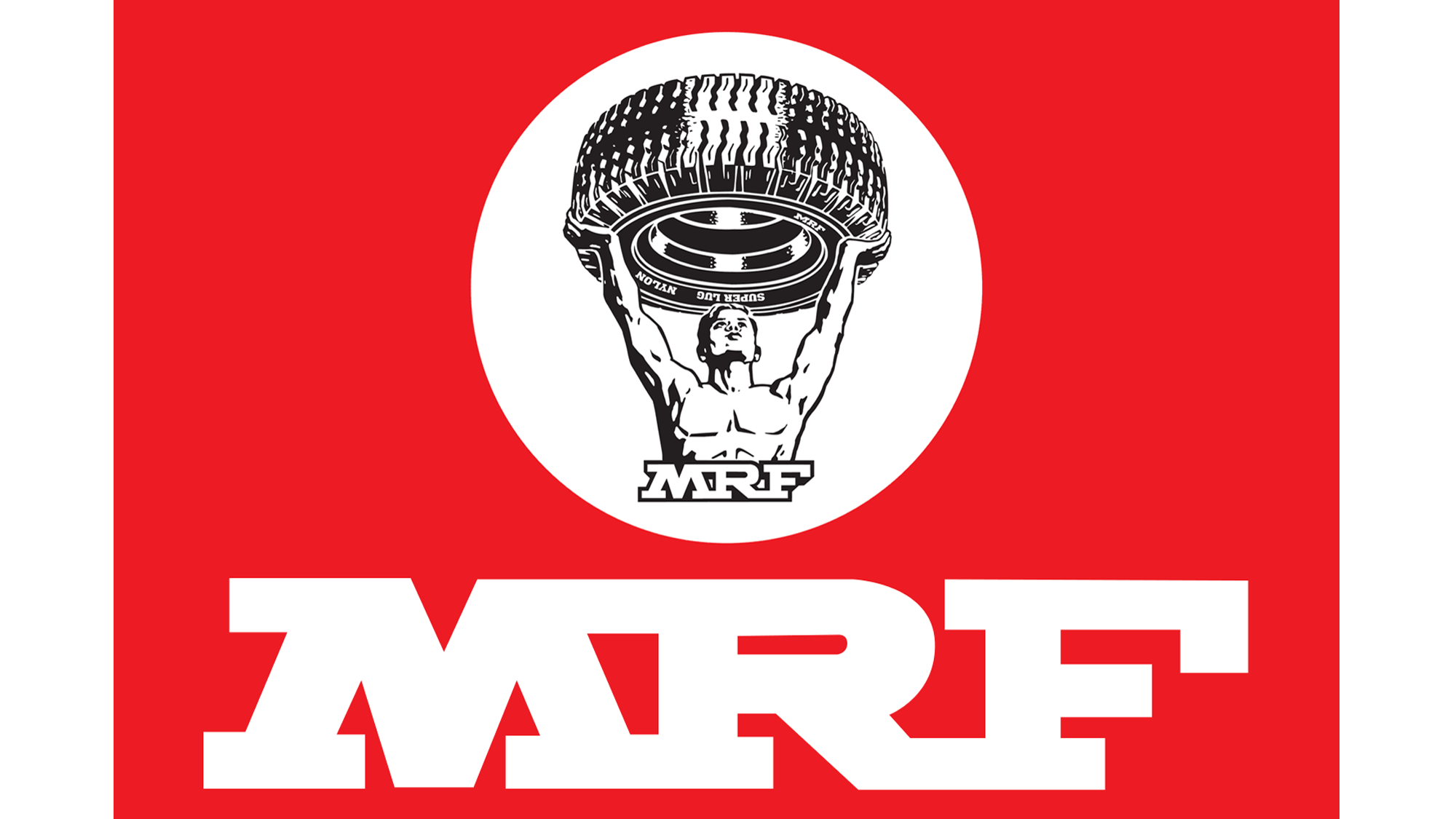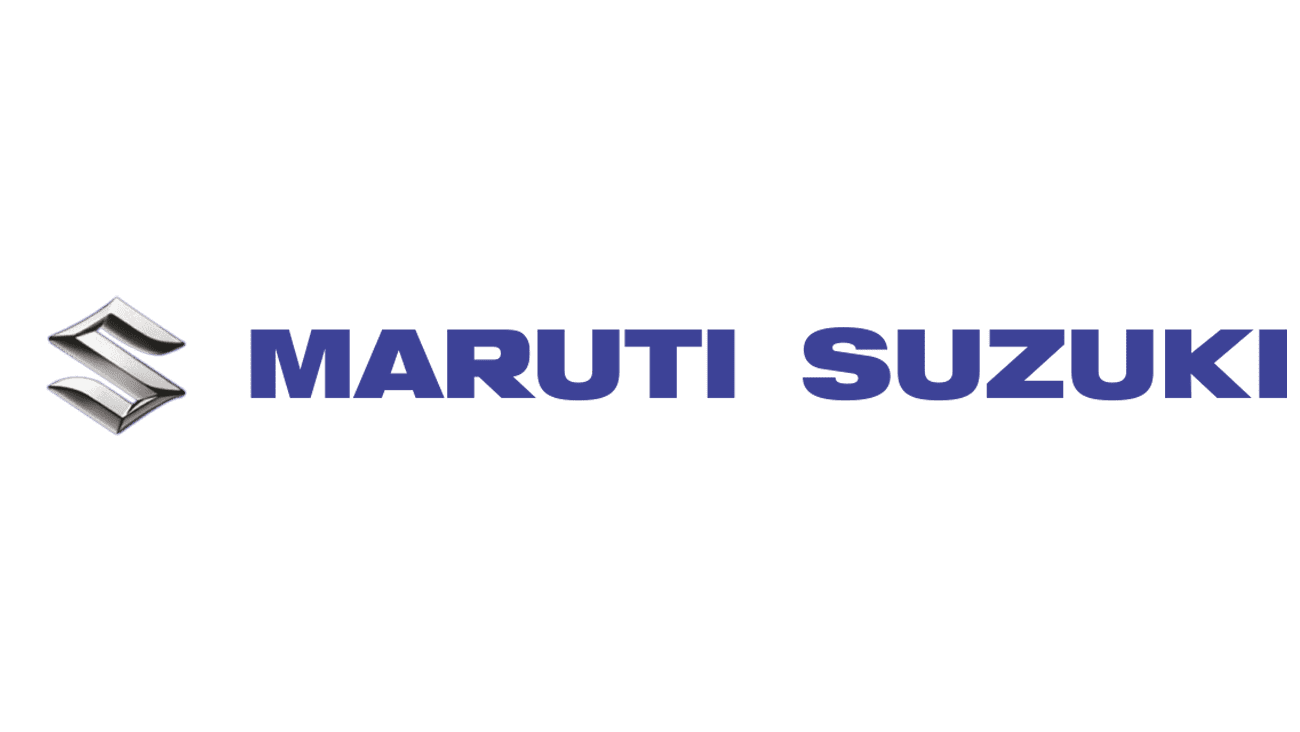Share Transfer in Company
Share Transfer just in One Click. Choose Auriga Accounting Platform “India’s biggest Platform.” Connect with our Experts.
Get Your Share Transfer 1-2 days
Share Transfer with Auriga Accounting
- Connect with our Experts
- Submit Your Required Documents
- Track Application Status
- Received your Certificate














